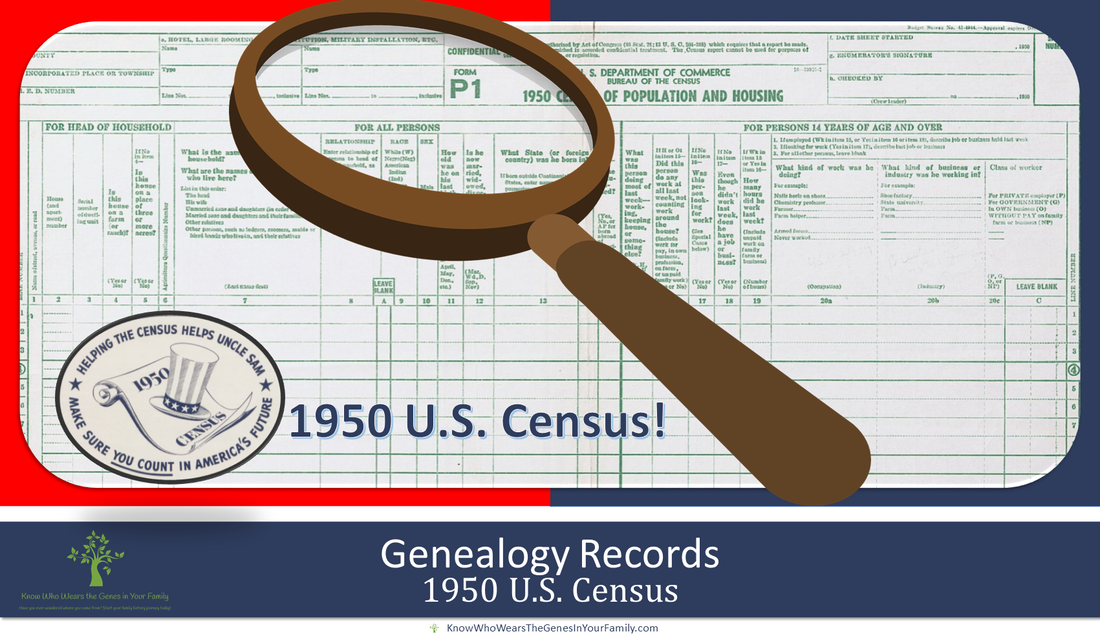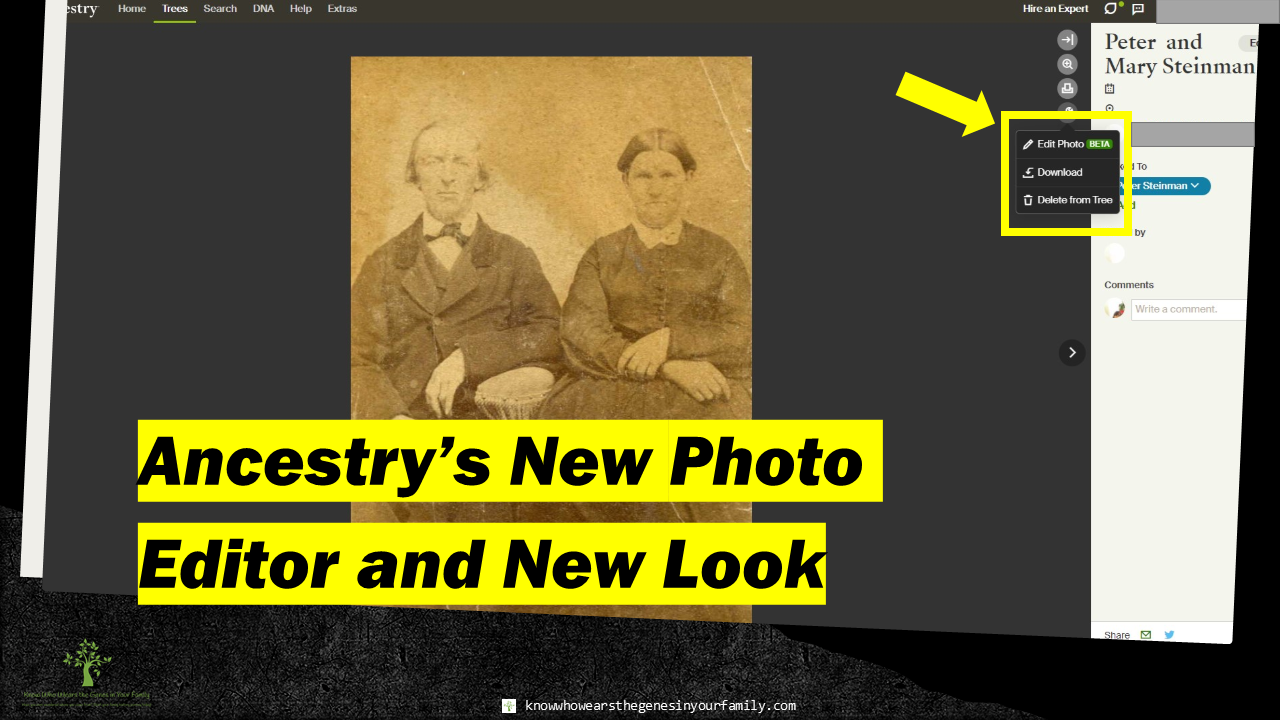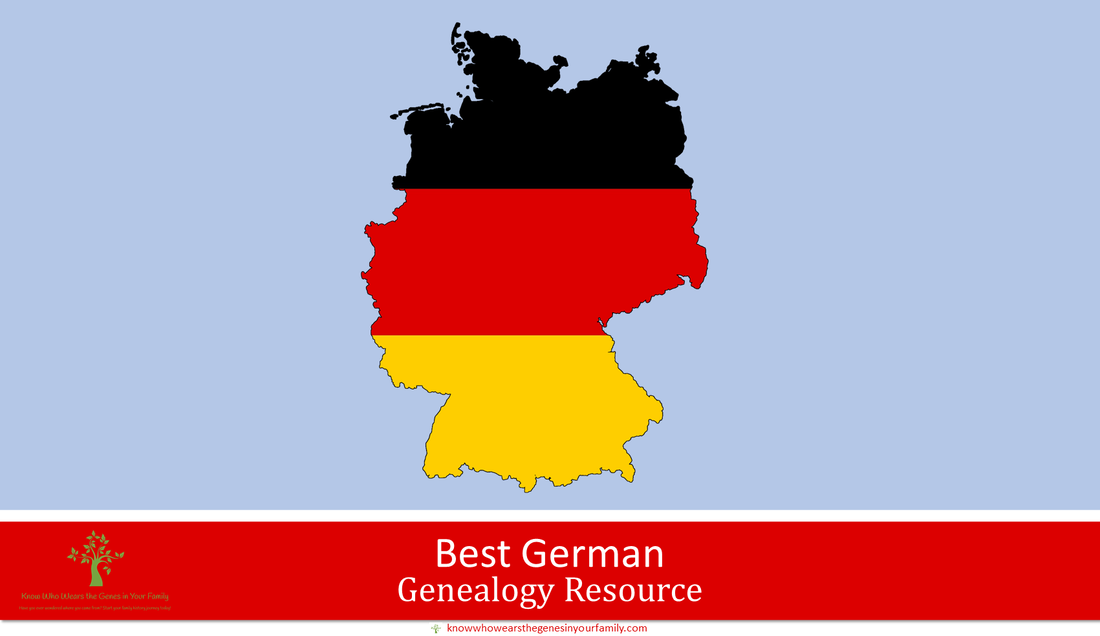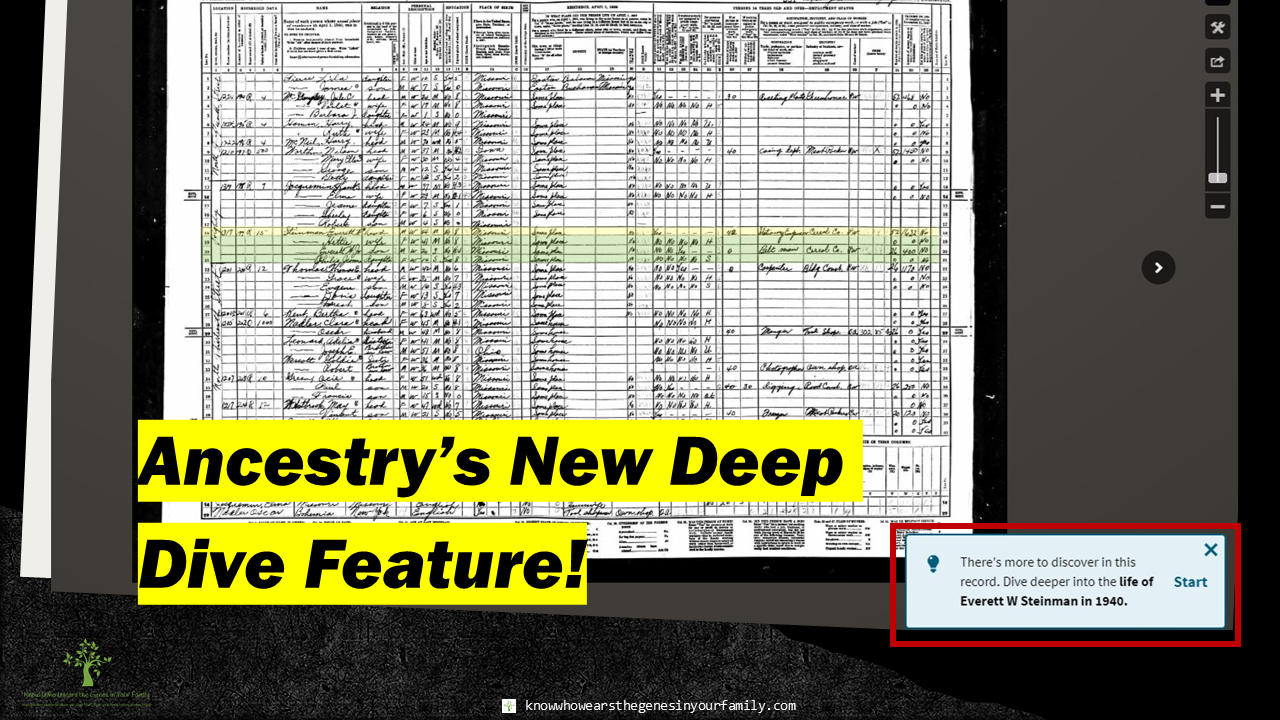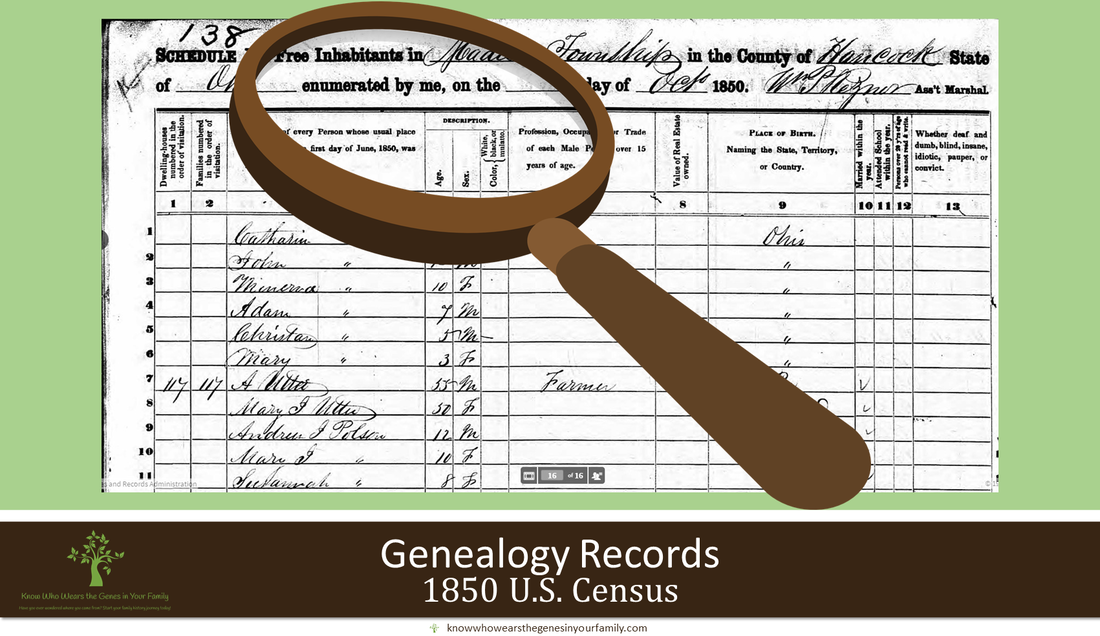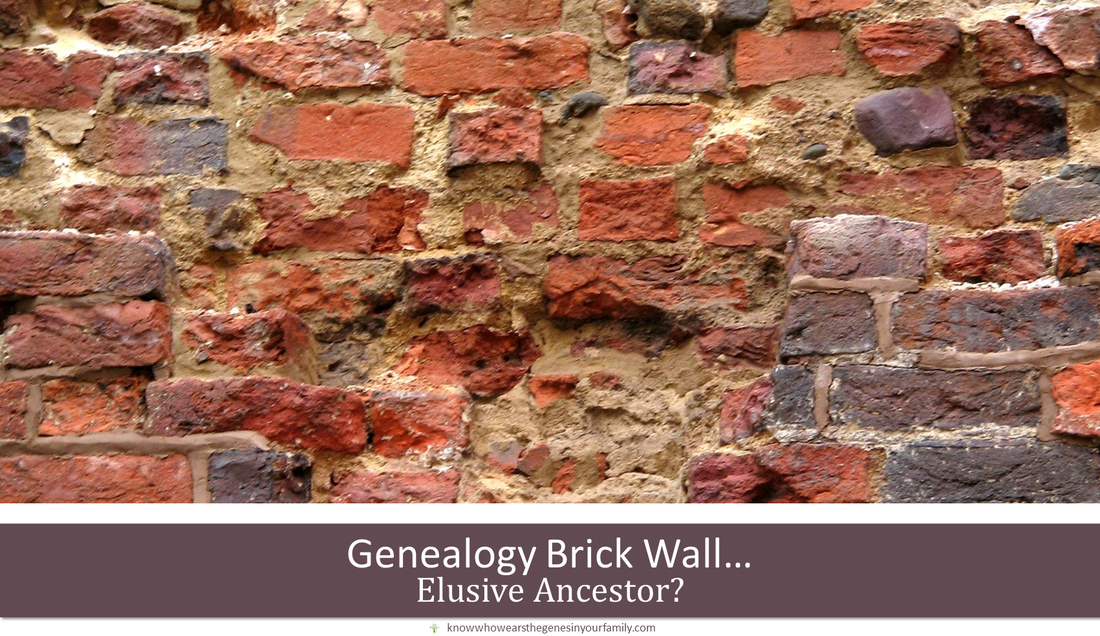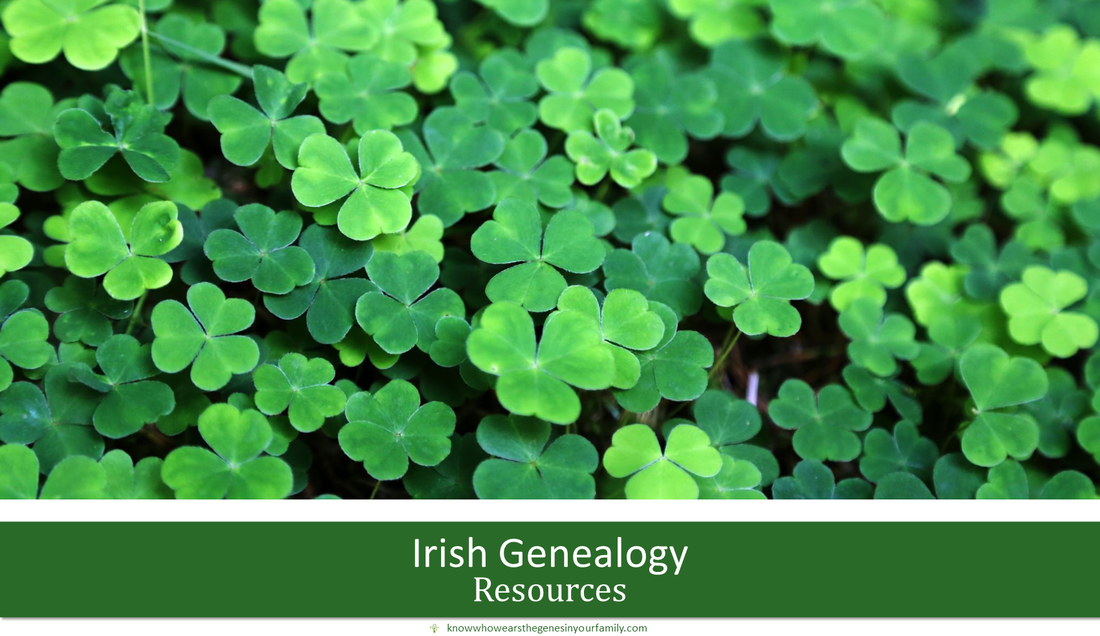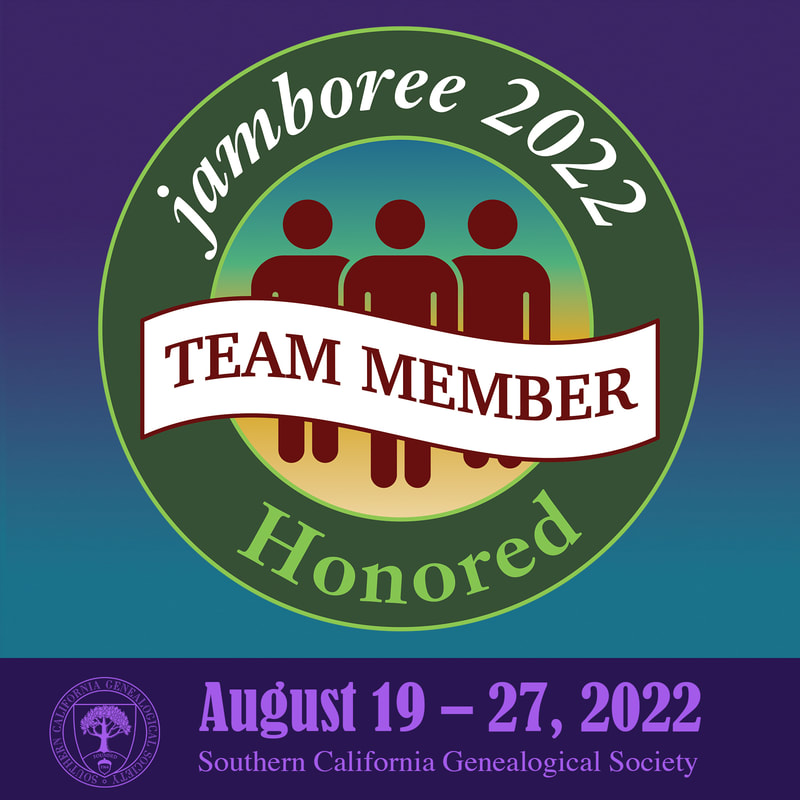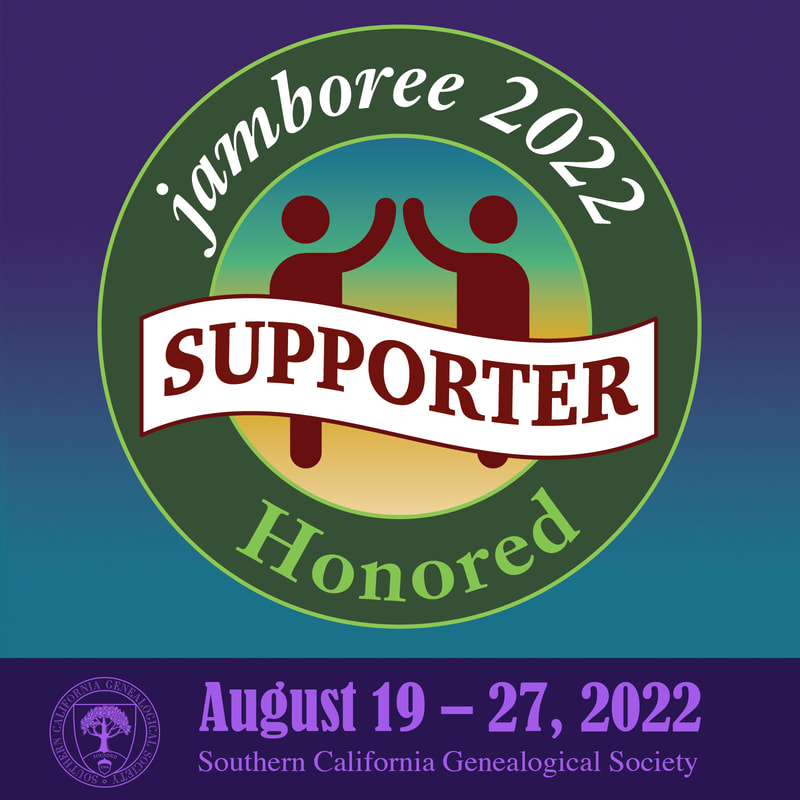|
Census records can give you a plethora of information for your genealogy research. They can give you the most details about a person and their family than any other record and can give you a snapshot of how they were living at a particular time; after starting with what you know now, the first step in genealogy research, the census records are the best starting point in your next step of research. They offer an enormous amount of useful information that will start you off and lead you to many of your next steps in building your family tree. Not only can you find the standard information on your ancestor like their name, age, birthplace, and residence; you can find so much more! Depending on the census record, you can also find their address, their occupation, their parents’ birthplaces, their citizenship status, their year of immigration, their marriage info, their military service info, how many children they have, others living in the household and their info, the value of their home and personal belongings, and more! In this series, I will be focusing on the 1850 to 1950 U.S. Federal Census Records, and today’s topic will be the 1860 Census. The 1860 U.S. Census: This was the second U.S. Census that listed EVERY (free) household member by name and had detailed categories. This census had the same categories as the 1850 census such as including ALL household members’ names; their ages, sex, color, and place of birth; whether they were deaf/mute, blind, insane or “idiotic”(underdeveloped mentally); whether they were a pauper (relied on charity or local welfare, such as a poor fund or an almshouse) or a convict, whether any of the household members were married or attended school within the year; occupation information; the literacy of each over the age of 20; and the value of any real estate owned, but now also included the new category of the value of their personal estate, and occupation information for all males and females over the age of 15, instead of just the males.
Once again, the relationships of each person in the household were not shown, so be careful assuming the young ones were children; they could have been nieces, nephews, laborers, children taken in, etc.; the same also goes for any others listed. 😉 Depending on where and by whom the census was taken, I usually don’t find this census filled out consistently, and the last category is underreported, but if it is, then you have a lot of details to help you in your research! EVERY detail/clue helps in genealogy! 😉 Follow my other posts on the U.S. Census under the Genealogy Records category and below: The 1920 U.S. Census Record in Genealogy: A Closer Look The 1910 U.S. Census Record in Genealogy: A Closer Look A Closer Look at the 1900 U.S. Census in Genealogy Research The 1890 U.S. Census: A Tragic and Sad Loss! The 1880 U.S. Census: A Closer Look at the Even Better Census! The 1870 U.S. Census: A Closer Look The 1850 U.S. Census: One of the Golden Genealogy records Check out more information about the U.S. Census on the National Archives and Records Administration website! P.S... My older site theme does not support the "Leave a Reply" field labels; if you'd like to leave a comment on a blog, the fields are: Name, Email, Site (if you'd like), and Comment, the standard fields 😉
3 Comments
9/14/2021 06:39:37 am
In New York State, we also have state censuses that alternate with the federal ones. So, the 1850 and 1860 censuses, identifying everyone and offering other details, help correlate with the 1855 NYS census, which has more limited data.
Reply
9/14/2021 03:00:43 pm
Yes, there are many states with their own census records, sometimes even yearly, and all the U.S.censuses can help in conjuction with them. :)
Reply
EMMANUEL VIERS
10/31/2021 08:59:05 am
You provide a lot more information than most, and you help us "amateurs" to trace our roots and that of others. You helped me find out that my ancestors were slaves in the Southern U.S. who chose to stay with their Dutch American "owners" after the war. There are many examples of that with other families, Sometimes it was because they liked their "owners" and were treated relatively well, but more often because the former slaves had no other practical choice because it was hard to find employment otherwise. Some poor whites did not want the "competition". Most jobs the slaves might take were the jobs of the poorest whites, who were then made poorer, albeit not as stressed as the slaves were. But eventually everyone benefitted from the abolition of slavery, even the South, although in some areas it took a century later before blacks were relatively free of the worst effects of bigotry. We still have residual effects of slavery. Hopefully love will overcome all such things.
Reply
Leave a Reply. |
Details
Categories
All
FeaturedTop PostsBlogrollEvalogue.Life, Heart of the Family, Molly's Canopy, Climbing My Family Tree, Cami Mayer, Field Genealogist, Ancestor Detective, DNA Breakthroughs, Your DNA Guide, Ancestral Findings, Genealogy Tip of the Day, Family History Daily, Genea-Musings
BlogI hope my family history and genealogy blog on genealogy research tips, resources, events, and more, along with my own genealogy journeys, will help you in your research and in building your family tree to learn more about your ancestors and family history to preserve for future generations to come! Come visit me at Know Who Wears the Genes in Your Family if you're interested in starting your family history journey, booking me for your next speaking event, or family history and genealogy heirloom products!
Archives
July 2024
|
HoursM-Su: 8am - 8pm
|
Know Who Wears the Genes in Your Family is dedicated to promoting family history and genealogy, while maintaining commitment to client care and professional service, and adheres to the Code of Ethics and Professional Practices put forth by the Association of Professional Genealogists.
|

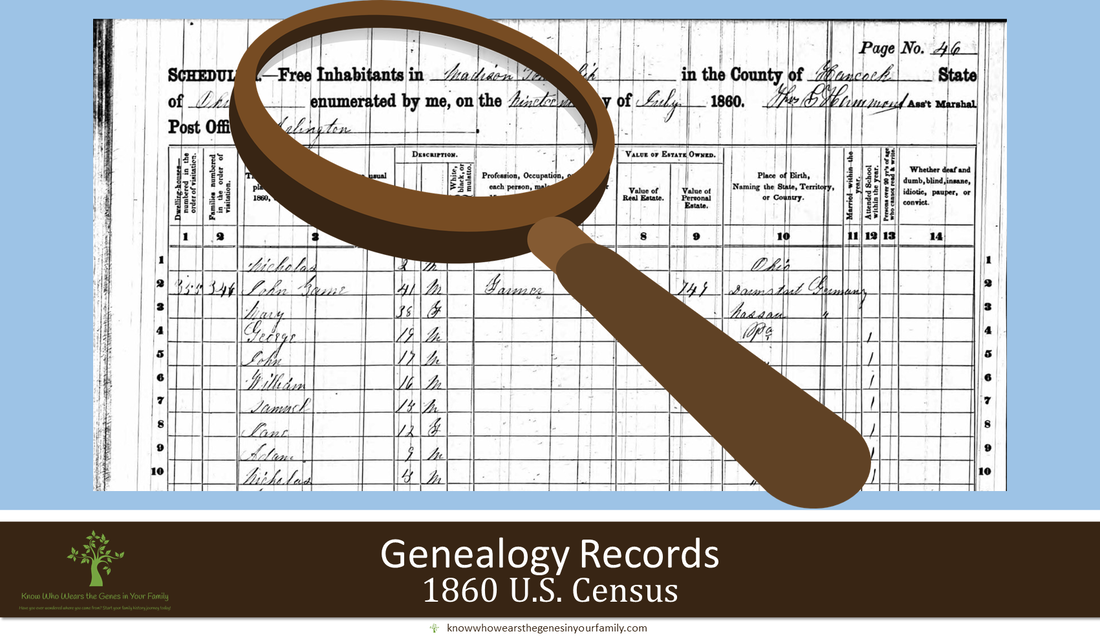
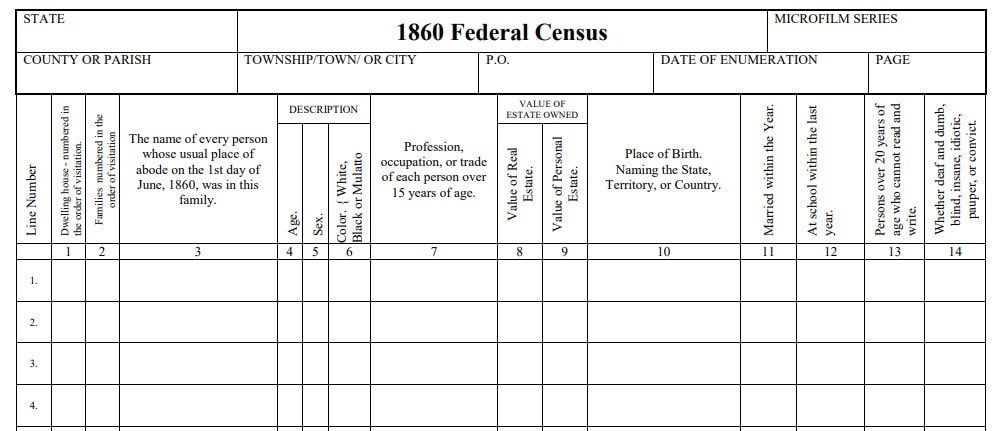
 RSS Feed
RSS Feed

